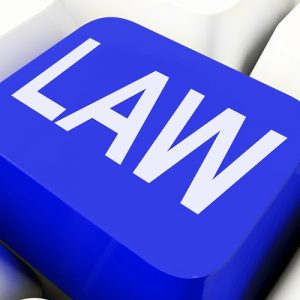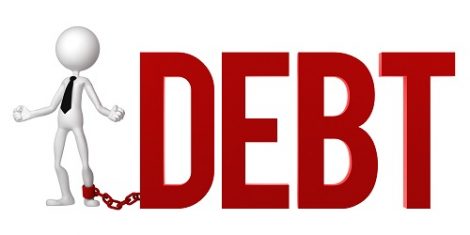Classifying your debt to determine what category they fall into will help you, and your bankruptcy lawyer determine which type of bankruptcy will suit your needs the best. Secured Debt Secured debt is tied to a specific property. If you have a mortgage, the house will be the collateral. Your car will be the collateral … Read more
For most of us in the united states, we need a reliable vehicle to get to and from our jobs, schools, and grocery stores. A car payment is one of the most common loans in the united states. The loan is often secured by the vehicle itself. If you get behind in your payments, they … Read more
A mortgage lender can use a process called foreclosure to take a property from a homeowner that defaults on the loan. The foreclosure process can take anywhere from one to seven months, depending on the state you live in. By filing bankruptcy, all legal actions against you, including foreclosures will be stopped. Friendly Reminders A … Read more
Your credit rating takes a hit every time you are late or miss payments. These marks stay on your credit report for up to seven years in some cases. If you are hopelessly behind in your payments, you can file bankruptcy, which will stay on your credit report for up to ten years. The significant … Read more
If you are behind in your debt and are getting phone calls and letters from your creditors demanding payments and threatening to take you to court, you may want to consider bankruptcy to eliminate your debt and get a fresh start. Fast and Effective Chapter 7 bankruptcy is easy to file, fast, and an effective … Read more
Debt consolidation loans are intended to lump all of your debts together into one low payment. To get these loans, many are taken as a loan secured by your home or other assets. You may get a better rate with a consolidation loan than with high-interest loans and credit cards. Benefits Another benefit is the … Read more
In the early 1950s, the united states began seeing credit counseling agencies opening for business. Home construction was on the increase, and the American public was borrowing more money. NFCC The national foundation for credit counseling NFCC was created in 1951 to advocate for the credit industry and work with consumers that needed help paying … Read more
If you are behind in your utility payments and worried your electricity, gas or water is about to be turned off. Bankruptcy may be an option to stop that from happening. By filing bankruptcy, the automatic stay will stop any attempts to collect on a debt and stops any legal actions from moving forward. It … Read more
At one time or another, nearly everyone in the United States has had some type of financial difficulties at one point in their lives. It is nothing to be ashamed of if you get to the point that you need to file bankruptcy. Getting New Credit At the end of your bankruptcy, you may want … Read more
After you file your bankruptcy paperwork, you may wonder what happens next. As soon as you submit your petition with the court, the first action is the automatic stay goes into effect. Automatic Stay The automatic stay stops all collections attempts from being taken against you. All phone calls and letters must stop. If a … Read more











